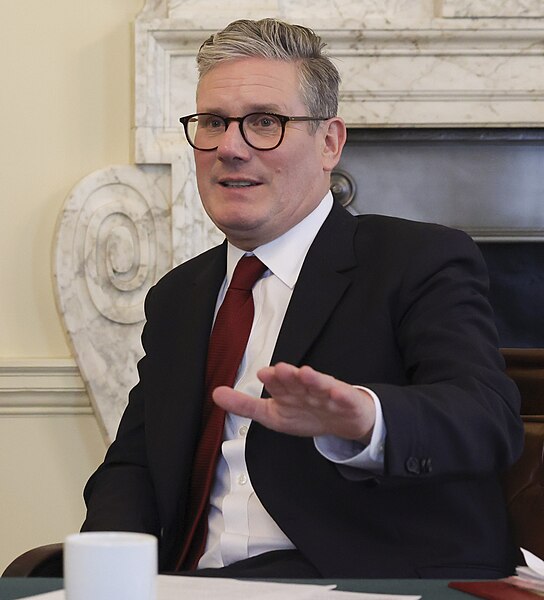
Prime Minister warns of a 'whole society effort' as he fast-tracks defence spending increase while facing concerns over Trump’s stance on Ukraine.
Keir Starmer has announced the largest defence spending increase since the Cold War, pledging to raise the UK's defence budget to 2.5% of GDP by 2027. Addressing MPs, he stressed the growing threat posed by Vladimir Putin and fears of waning US support under Donald Trump.
Historic defence budget increase
The Prime Minister told Parliament that the UK is facing a "generational challenge" requiring urgent action. The commitment to raising defence spending to 2.5% of GDP by 2027 will result in an additional £13.4 billion per year for the armed forces. Starmer also set a long-term target of 3% within the next decade, marking the most significant investment in defence in decades.
‘This Will Affect Everyone’ – Starmer’s Stark Warning
Starmer cautioned that the decision would have wide-reaching consequences for the British public, requiring a “whole society effort” that would touch every sector of the economy. He argued that strengthening the UK’s military capability is essential in an era of increasing global instability.
Cuts to overseas aid to fund defence
To finance the spending increase, Starmer confirmed that overseas aid will be reduced, moving from 0.5% of gross national income (GNI) to 0.3% by 2027. This decision has sparked criticism, with opponents warning it could undermine the UK’s global humanitarian efforts.
Starmer defended the move, stating: “In the short term, it can only be funded through hard choices, and in this case, that means reducing development assistance.”
Concerns over Trump’s commitment to Europe
During the debate, Liberal Democrat leader Sir Ed Davey issued a stark warning about Donald Trump’s stance on Ukraine. He suggested that the former US president’s policies could lead to the betrayal of Ukraine and weaken European security.
Sir Ed told MPs: “We may be watching the betrayal of our Ukrainian allies by America, and with it, the potential betrayal of Europe and Britain.”
With Starmer set to meet Trump later this week, the Prime Minister acknowledged the risks and reinforced the need for US involvement in deterring Russian aggression.
‘Allowing Putin to regroup is dangerous’
Starmer responded to concerns by stressing that preventing Putin from regrouping is in everyone's interest. He called for stronger European unity in response to the crisis and highlighted the need for a clear commitment from the US to NATO and Ukraine.
“We must step up and lead in Europe,” he told MPs, underscoring the urgency of the situation.
As geopolitical tensions rise, Starmer’s defence strategy signals a decisive shift in the UK’s military and foreign policy, setting the stage for critical discussions with global leaders in the weeks ahead. Photo by Simon Dawson / No 10 Downing Street, Wikimedia commons.


































